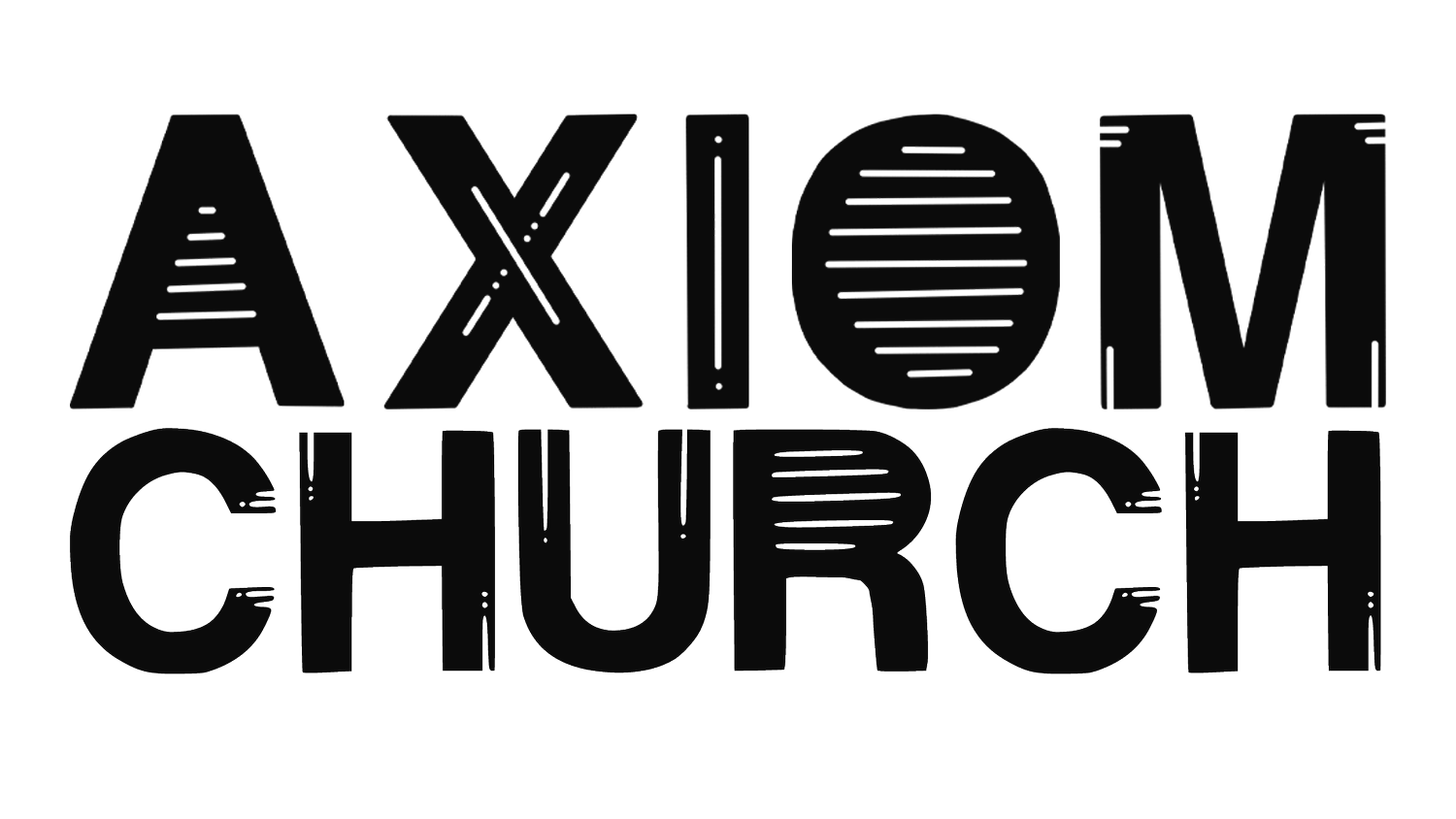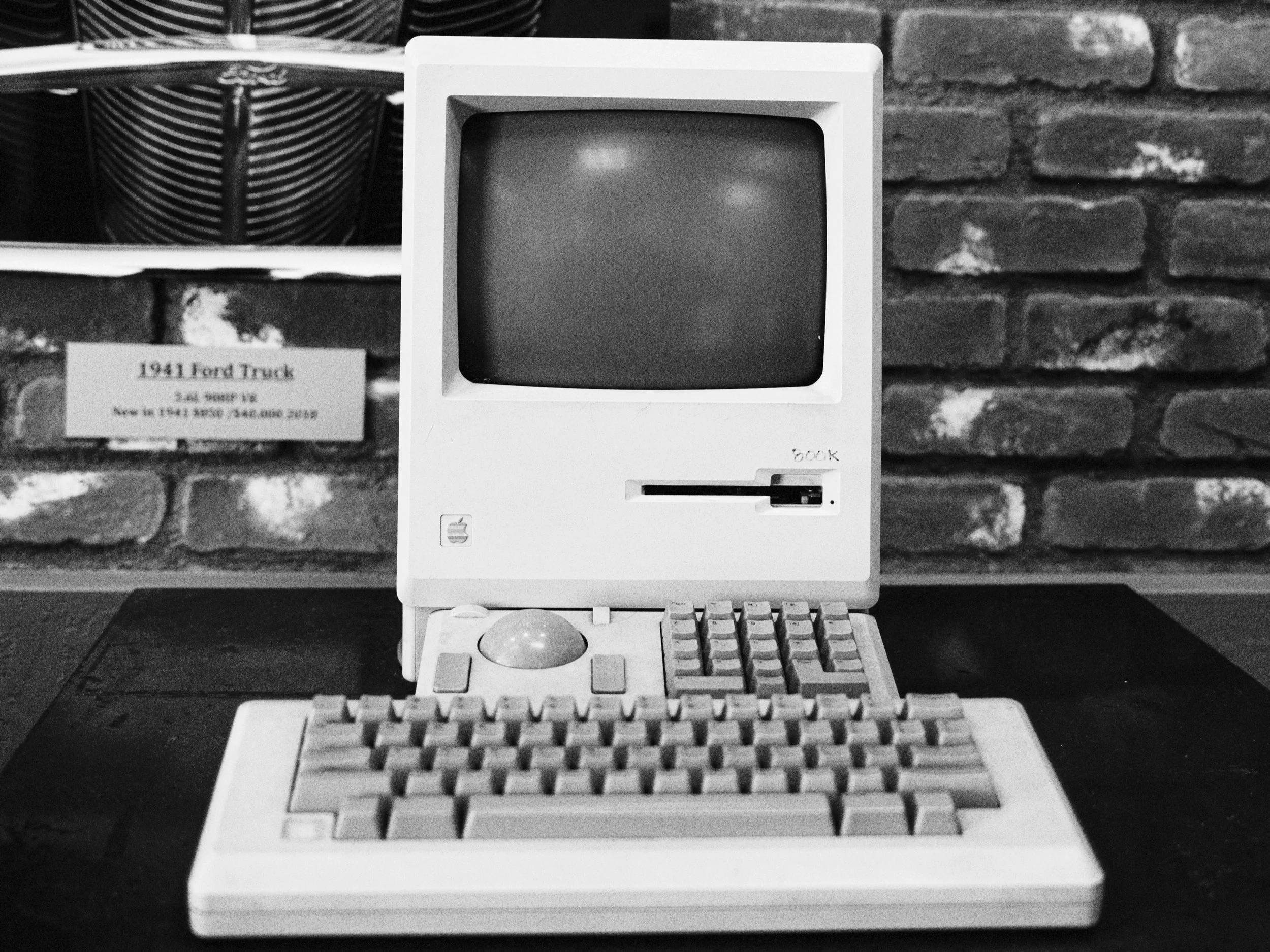by Johnny Kerr
I find that my Creator often speaks to me when I am engaged in the creative process. Photography has helped me to be more aware, to see metaphors everywhere. Those metaphors often become a conduit through which the Spirit speaks to me. Psalm 66 says, “All the earth worships You and sings praises to You.” I suppose practicing photography has helped me listen more attentively to these songs of praise, allowing creation to teach me about it’s Creator.
Initially, in capturing and reflecting on this image of a small boat grounded on dry land, I became stuck on the obvious imagery of an ark. But that seemed too obvious. I felt a nagging urge to spend time looking deeper for a more profound meaning. During my reflections, I found myself writing a haiku to help figure out what this image had to tell me. I am not a poet, and don’t typically attempt poetry, but I followed the impulse:
I dreamed of a boat
A captive, held from the sea
The rain comforts me
To some, this poem may sound dreary. But for me, it is an expression of hope. What I see and feel in this metaphor is the tension between my renewed identity in God’s covenant family versus my limited perception of the present age. On one hand, the Gospel says we are alive in Christ. He invites us into the fullness of life here and now. On the other hand, we still find ourselves in this fallen world, struggling with the difficult reality that, while God’s Kingdom is here, it has yet to become fully realized. Life can be pretty good. Yet we still face harsh realities like tragedy, disaster, and death.
In wrestling with that apparent contradiction, this image of a boat stranded on dry land began to really speak to me. We are, if you’ll indulge my metaphor, boats that were designed for water, sailing freely through a vast ocean, above the guiding sway of mighty waves. And yet, sometimes we might feel more like boats who are out of our element. stranded on dry land.
But, just when we are about to lose hope, the rain comes! We feel that life-giving water again! It’s not the fullness of the ocean we were made for, but it’s enough to stimulate our senses and remind us of what will one day be again. We are called out of despair and into hope.
The funny thing about hope is that we wouldn’t need it if all was well. We sense that things aren’t quite right with our current world, precisely because God created us for something better. We need hope because things are not as they should be. That’s why my poem has elements of despair in it. It’s okay to feel that tension, but we don’t want to live there. We need the lifeline that hope offers, but what we place our hope in matters. We might even go as far as saying that misplaced hope is what got us into our current predicament in the first place.
A.W. Tozer said, “What comes into our minds when we think about God is the most important thing about us.” The Gospel teaches us that God is good. Unfortunately, throughout history the church has picked up and taught some pictures of God that make His goodness difficult to accept.
Most Christians would agree, at least on an intellectual level, that God is good. But our practice doesn’t always align with our ideology. Many of us also carry pieces of the mixed-up narrative of an angry God kicking Adam and Eve out of the garden for breaking some seemingly arbitrary rule. Generations later, He is still so angry with humanity’s wickedness that He has to vent His wrath on someone, so God sends Jesus to take our place of punishment on the cross. Thank you, Jesus, for saving us from your angry Dad!
I don’t know about you, but I have a hard time finding hope in that story. Hasn’t the time come that we divorce ourselves from this ugly narrative and replace it with the good news that God is as good as Jesus reveals Him to be on the cross? Here’s another look at that story, this time through a Jesus-centered lens:
God created us out of love. He desired for us to experience His love first-hand, to share that love with His creation, and to love Him in return. He gave us freedom so that our loving relationship would be authentic; a mutual choice, not mindless or coerced. He only asked that we trust Him and His goodness (i.e., eat from the Tree of Life). But we allowed our picture of God to become sullied by deception. We misplaced our hope in the lie that we could know better than God (i.e., we ate from the Tree of the Knowledge of Good and Evil). We chose to see God as withholding some secret knowledge from us rather than trusting Him as the source of all good things. We gave away the power and fullness of life He had given us. Despite us having rejected Him, God continued to pursue a loving relationship with us, even to the point of entering into our humanity in the person of Jesus to overcome death, to save us from captivity by laying down His own life.
Not only does God recognize our need for hope, but He also gives us Himself to place our hope in. Jesus built us a bridge back to the Father using His own body. He offers us the opportunity to once again eat from the Tree of Life. We are, however, still faced with the unfortunate ramifications of our own rebellion. The good news is that Jesus is our manna in the desert, our living water in a seemingly impossible drought. He gives us the gift of hope.
I feel the painful realities of our fallen world, our separation from God, our stubbornness and habits of destruction. It hurts in a tangible way, and it takes me to some dark places at times. In our postmodern world, the idea of hope is often dismissed as a form of head-in-the-clouds self-foolery or Pollyanna naïveté. Our cultural narrative is that we just need to try harder, to pull ourselves up by our bootstraps. But the attempt to be self-reliant is to continue choosing the Tree of Knowledge of Good and Evil instead of the Tree of Life. Instead, we need to entrust ourselves to the One who truly sustains life and is the source of all good things.
We desperately need hope. But what we place our hope in matters. We can’t put our hope in the ways of the world; in possessions, people or politics. We also can’t place our hope in a culturally misguided picture of who God is. Our hope is in a good, loving God who is actively working to reconcile His creation to Himself; a God who is still inviting us to partner with him in that loving relationship. We need to place our hope in The One who gives us the gift of hope, who can actually fulfill our hope. Our hope is in a God that looks like Jesus. Our hope is Jesus.


